 The leaves of the olive tree have been used for medicinal purposes since ancient times, and research has suggested that olive leaf extracts have antibacterial, anti-inflammatory and antioxidant properties. Now it also appears that a supplement containing olive leaf extract could help lower blood pressure and cholesterol.
The leaves of the olive tree have been used for medicinal purposes since ancient times, and research has suggested that olive leaf extracts have antibacterial, anti-inflammatory and antioxidant properties. Now it also appears that a supplement containing olive leaf extract could help lower blood pressure and cholesterol.Reuters September 3, 2008
Phytotherapy Research September 2008; 22(9):1239-42
Dr. Mercola's Comments:
The medicinal use of the leaves from the olive tree (Olea europaea) dates back thousands of years. In fact, it’s the first botanical healing herb cited in the Bible (Ezekiel 47:12): “The fruit thereof shall be for meat, and the leaf thereof for medicine.” There’s also recorded evidence that the ancient Egyptian and Mediterranean cultures used the leaves to treat a variety of health conditions.
According to an in-depth phyto-pharmacological plant review of the olive plant in the January-May 2007 issue of Pharmacognosy Reviews, olive fruit, oil and leaves can be a significant natural source for treating a wide variety of health ailments.
- Diuretic
- Hypotensive
- Emollient
- Laxative
- Skin cleanser
- Treatment of urinary infections, gallstones, bronchial asthma and diarrhea
Most of the plant parts of the olive tree have been used in the traditional system of natural medicine throughout the world, for example:
Traditional uses of olive leaves include
- Orally for stomach and intestinal diseases
- Chewed as a mouth cleanser
- Decoctions of the dried fruit and leaves taken orally for diarrhea and to treat urinary tract infections
- Hot water extract of the fresh leaves taken orally to treat high blood pressure (hypertension) and to induce urination (diuresis)
- Hot water extract of the dried plant taken orally for bronchial asthma
- Infusion of the fresh leaf taken orally as an anti-inflammatory
Traditional uses of olive oil include
- Seed oil taken orally with lemon juice to remove gall stones, and for kidney inflammation associated with lead intoxication
- Seed oil applied to the scalp nightly to prevent hair loss
- Seed oil taken orally as a laxative
- Applied externally as an emollient and skin moisturizer
Confirmed Heart Health Benefits of Olive Leaf Extracts
The possibility of a natural agent being able to help prevent heart disease and lower blood pressure is certainly worth noting, especially when you consider the damage that many, if not most, drugs can do. For example, beta-blockers -- a class of drugs frequently prescribed to manage high blood pressure and as cardioprotection after a heart attack -- have been found to cause type 2 diabetes by decreasing your insulin sensitivity.
As molecular biologist and lead researcher Tania Perrinjaquet-Moccetti stated in the article above, no single ingredient of the olive leaf extract can fully account for its confirmed blood pressure benefits. Rather she attributes the benefits seen in this study to the synergistic blend of various bioactive components of the olive leaf, the most significant of these being a compound called oleuropein.
The cardiovascular benefit of oleuropein is actually not a new discovery. Oleuropein was isolated back in the 1950s by Panizzi et al, who established that it was one of the primary compounds responsible for the bitter taste of the olive fruits and the leaves. They also determined that oleuropein was the active agent responsible for the hypotensive action of the extracts of the olive plant, which acts as an antioxidant and helps relax and dilate your blood vessels.
What this latest research does do, however, is confirm the effectiveness of this traditional remedy and establish an effective dosage: 1,000 mg of olive leaf extract per day.
Participants taking half that amount, or 500 mg/day did not achieve any substantial drop in their blood pressure.
Epidemiological data obtained from other clinical studies indicate that oleuropein may also play a role in the prevention of cardiovascular diseases by limiting the formation of arterial plaque, by inhibiting LDL oxidation. Other studies have shown that olive leaf extracts may also possess antispasmodic, vasodilator, and anti-arrhythmic properties.
The Anti-Viral, Anti-Microbial Benefits of Olive Leaves
But the usefulness of olive leaf extract doesn’t end there. It has also been found to be a potent broad-spectrum antiviral agent, active against all viruses tested, including:
- Rhinovirus
- Myxoviruses
- Herpes simplex type 1and 2
- Herpes zoster
- Encephalomyocarditis
- Polio 1, 2 and 3
- Two strains of leukemia virus
- Numerous strains of influenza and para-influenza viruses.
One 2005 study published in the journal Antiviral Research proposed that olive leaf extracts could be used as a safe and natural antiviral. Common antiviral uses in the field of natural medicine include fighting colds and flu, yeast infections, and viral infections such as the hard-to-treat Epstein-Barr disease, shingles and herpes.
In-vitro studies have also established that olive leaf extract is an effective antimicrobial agent against a variety of pathogens that cause intestinal or respiratory infections, including:
- Salmonella typhi
- Vibrio parahaemolyticus
- Stapholycoccus aureus, including penicillin-resistant strains
- Klebsiella pneumonia
- Escherichia coli
It works by inhibiting the replication process of the pathogens, which disables the infection long enough for your immune system to eliminate it and prevent it from spreading.
And, if all of that wasn’t enough, olive leaves also have anti-oxidant, anti-inflammatory, anti-fungal and anti-diabetic properties; have a beneficial impact on your thyroid; and the ability to inhibit cancer growth.
Sounds almost too good to be true, doesn’t it?
But then again, maybe it was mentioned in the Bible for good reason. Nature is certainly full of powerful preventative treatments and potential cures for a host of diseases.
How to Lower Your Blood Pressure Naturally, Without Drugs
Before I get into how you can lower your blood pressure, it’s important to make sure you’re getting an accurate reading to begin with.
A significant number of people may actually be receiving altered blood pressure readings because the arm cuff used is the wrong size – which is a problem particularly for overweight or obese patients -- or because your arm is incorrectly placed while your blood pressure is taken.
You’ll want to make sure your arm is slightly flexed at the elbow with your wrist held at heart level, and that the blood pressure cuff is an appropriate fit for your arm. Also do not move your arm while the test is conducted as this may also lead to a faulty reading.
High blood pressure is a serious issue that can kill or permanently impair you, and it should not be ignored. It usually kills people slowly, over time, but very elevated blood pressures can surely cause a stroke.
Normally, high blood pressure goes down quite quickly and easily by addressing these three important factors:
- Eliminate grains and sugars as described in my nutrition plan. This will lower insulin levels and normalize blood pressure in about 75 percent of people.
- Address the common stresses in your life that tend to elevate blood pressure. EFT is a simple, effective, and inexpensive tool that you can use to help in this area.
- Getting one hour of exercise a day seems to be an important contributor to the long-term benefits of those currently suffering from high blood pressure.
If you want to incorporate olive leaves as a natural adjunct, I’d recommend sticking with the fresh leaf liquid extracts for maximum synergistic potency. You can also prepare your own olive leaf tea by placing a large teaspoon of dried olive leaves in a tea ball or herb sack. Place it in about two quarts of boiling water and let it steep for three to 10 minutes. The tea should be a medium amber color when done.
Related Links:
How To Treat High Blood Pressure Without Drugs
Do You Have a Good Blood Pressure?
Arm Position May Alter Blood Pressure Readings
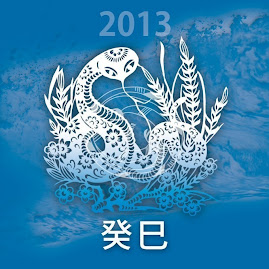

















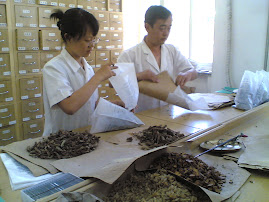
.jpg)
.jpg)


.jpg)

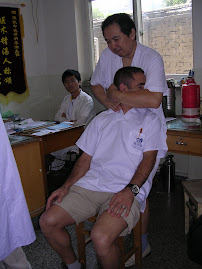





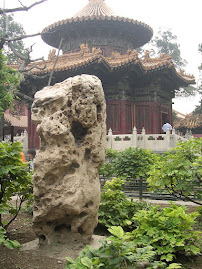

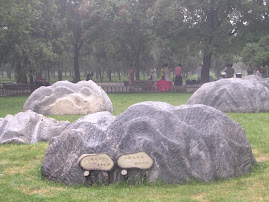









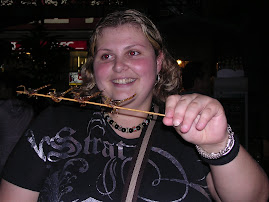



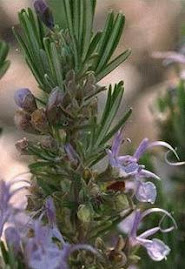
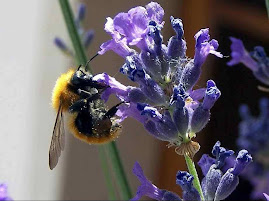


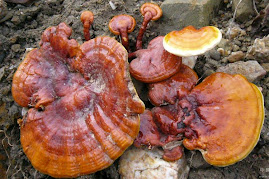
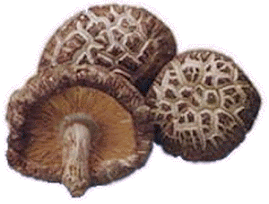
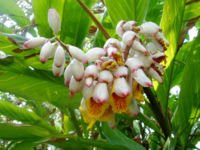
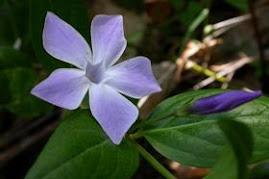
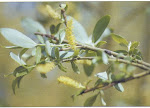
1 comment:
Nice posting and helpful info. Thanks.
http://www.herbs-wholesale.com/oliveleafextract-24317.html
Post a Comment